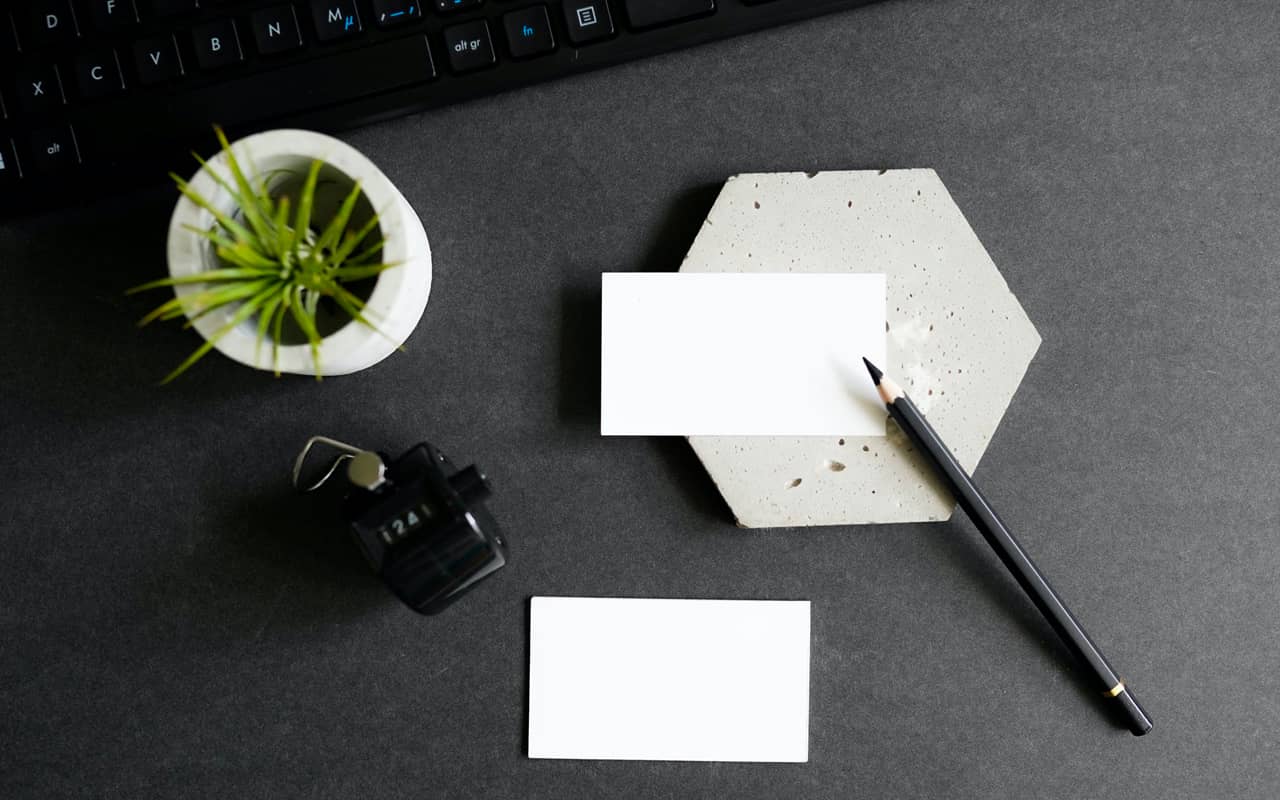Podcast: Download
Subscribe: Apple Podcasts | RSS
 Want the best way to remember everything you study?
Want the best way to remember everything you study?
Without all the pain and hassle of boring explanations that are hard to understand?
And come from some faceless corporation who hired a writer who hasn’t studied any topic seriously?
You’re in luck.
I’ve sat for some of the most competitive exams in existence during my eleven years of university.
Despite many personal challenges, I managed to get my Ph.d. and have picked up many other certifications along the way.
I’ve even used what you’re about to discover to help me learn languages and earn certifications for both German and Mandarin.
So whatever you’re studying, I’m qualified to help you get some quick wins.
I’ve also made a lot of mistakes over the years and am sharing what I got wrong. That way, you can avoid some of the problems I’ve created for myself.
Ready for a gold mine of practical tips that will help you achieve your learning and remembering goals?
Let’s dive in!
How to Remember What You Study Fast: 11 Quick-Win Strategies
Later, I’m going to give you a more robust strategy that will take you approximately one weekend to learn.
But we’re going to start with some powerful strategies that you can start applying today.
One: Use Memory Techniques
The absolute best way to boost your recall involves memory techniques, specifically mnemonics.
These help you remember information by transforming complex information into meaningful images and associations. The more vivid you make them, the more ease and fun you’ll have while studying.
And the better your recall will be.
I’ll give a number of examples below, but the key mnemonics I’ve used throughout my studies and career as a professor include:
- Memory Palaces (also known as the method of loci)
- Visual associations based on alphabetical pegwords
- The Major System for memorizing numbers
You can also explore acronyms, acrostics and number-rhymes.
To be fair, there is a bit of a learning curve when it comes to mastering mnemonics and applying them to your studies. But if you have the right attitude, that’s not a problem.
Let me help you ensure that you do by covering the topic of study attitudes next.
Two: Get Your Mindset Sorted
Negativity is a major reason that so many people fail.
They play a little story repetitively through their minds about how “hard” everything feels.
Instead of focusing on the task at hand, they visualize the stress of the exam and the consequences of failure.
This is not helpful.
The alternative?
Relaxation and deliberately letting go of the outcome.
Simply being willing to fail if that’s what was going to happen was the number one strategy that helped me most before and during the toughest exam of my life.
Sound hard?
It isn’t really when you have mental strength exercises to guide you.
Even if mindset isn’t a problem for you, it’s useful to focus on the positive.
Three: Take Intelligent Breaks
Many people force themselves to study for hours at a time.
You cannot expect to succeed by doing this – at least not many of us can.
Personally, I love studying for long periods at a time. But after more than a few years of pushing myself too far, I’ve learned to take plenty of breaks.
Basically, I follow the 25-5 rule: 25 minutes of pure concentration followed by a quick 5 minute break (or longer).
I get up, walk around, drink plenty of water, reflect on what I’ve been studying and enjoy some time away from the computer screen. It’s one of the simplest ways to help you study and remember.
During your breaks, you can also spend time on relaxation, meditation and breathing exercises.
Often, I will switch from reading heavy philosophy or my language learning activities and just read a comic book or novel.
Either way, research like this shows that short breaks helps us learn. You’ll help both your brain and your memory out a great deal by pausing frequently and following the steps illustrated on the infographic above.
Four: Switch Things Up
The special technique I use as part of taking breaks is to read other kinds of books.
They can be either related or unrelated to the topic at hand.
The point is to switch things up so that your brain has time to percolate the ideas you’re learning and make unexpected connections.
You don’t have to follow any particular pattern, but an easy way to take action with interleaving is to have three books at all times.
Switch from book one to book two and then book three on a loose pattern.
Don’t “try” to recall different elements or connect them. Just plow forward and enjoy the benefits of what your mind will do for you on autopilot.
This is one simple strategy where the “let go of the outcome” attitude is really important.
Five: Use Your Hands
We often hear about different note taking and mind mapping techniques.
Although neither of them are the best way to study and memorize, they’re great because of how they get the hands involved.
But scientists have shown that the deliberate use of gestures helps you learn.
You can also use your fingers to learn different ideas.
For example, take an example of abstract thinking you want to learn.
- Name the concept out loud
- Press your thumb and pointer finger together
- Focus on mentally “linking” the idea to the connection between thumb and finger
- Take 2-3 deep breaths as you focus
- Revisit the connection throughout the day
This simple technique can be used in combination with gestures.
True, it’s hard to imagine how it will scale to help you remember dozens of ideas. But give it a try. If you can make it work for one idea, you can reuse the technique to help you remember dozens.
Six: Draw
I used to struggle to understand charts and graphs. This is because I’m easily overwhelmed by too much information displayed on a page that isn’t text.
Then Tony Buzan gave me the idea of re-drawing those charts and graphs with my own hand.
While taking a few minutes to manually reproduce information charted out visually, I was able to explain to myself their meaning.
I’ve since used this technique to help me remember harder vocabulary in various languages that other memory techniques for some reason could not penetrate.
Seven: Verbalize
When I was struggling to understand various aspects of French philosophy, I read it out loud.
Back then, iPhones were still a daydream. I recorded myself reading into a micro-cassette recorder.
Then, I would listen back to the recording while reading the book.
You might think, “That sounds time-consuming!”
It isn’t.If you’re spending time reading and failing to comprehend the material, that’s 100% consuming time you
cannot get back.
But narrating material and then listening back to it in a way that captivates your mind so information can integrate into memory?
That’s just smart learning.
Eight: Use Spaced Repetition Properly
People love their spaced-repetition apps.
Yet, so many fail to show positive results despite spending hundreds of hours using them.
Worse, they might be able to answer correctly on the app. But in the real world?
No such luck.
This is because spaced-repetition must involve active recall in order for your efforts at studying quickly to be truly effective.
To get more out of each and every card or slide in your app, do this:
- Add multisensory associations to the information
- Never show yourself the answer until you’ve tried to recall the information through association
- Be suspicious of the answers you give the app (in other words, be honest)
- Recall information even when the app isn’t asking you to learn
For example, let’s say you’ve got a list of medical terms.
Rather than have “edema” on one side of the card and the definition of the other, try this:
Imagine a famous person named Ed and an emu or someone named Emma swelling up with fluid. Hear the sound of them stretching. Feel it physically, as if it were your own body. Imagine the emotions involved and focus on what the situation would look like.
You might even write out this scenario on the card instead of the word or the definition. When you try to recall the word, treating it like a puzzle to solve will help your brain create connections.
A faster and more physical way to do this is by using physical index cards. Learn more by reading my how to memorize a textbook post.
Nine: Study In Multiple Locations
One of the quickest wins of all is to keep moving.
The best part is that moving from spot to spot while you’re studying not only helps your memory. It’s an easy way to incorporate taking breaks and getting a bit of physical fitness.
There are at least three ways to approach this principle:
- In your home
- On campus
- Around town
While at home, pick 2-3 locations you can tackle your study materials. For example, your room, the kitchen table and the back porch. Deliberately switch things up over twenty minutes or so.
On campus, have a few different spots in the library. Move to a cafe and look for empty lecture halls or classrooms you can park in to read a chapter or two.
Now that I have a Ph.d., I don’t have the benefit of a campus anymore. But I still cart my books around with me for my current research projects. I read at the beach, in front of stores while my wife is shopping, on the bus, etc.
What matters above all is that your study areas are optimal.
As I’ve shared in the infographic above, this is easy to achieve. Just make sure that the locations you choose:
- Are easy to declutter
- Allow you to control the amount of noise
- Have proper lighting to avoid eye strain
- Let you study in comfort while maintaining good posture
Unfortunately, I went far too long studying in bad physical positions. As a result, I’ve developed shoulder and hip issues that I probably would not be suffering had I taken greater care with my posture during the many hours I’ve studied.
Ten: Use Those Locations as Memory Palaces
Although it’s beneficial to move around, you can get even more bang for your buck by turning those locations into Memory Palaces. If you’re not sure what a Memory Palace is, here’s a powerful set of examples for you.
This technique is more robust and will take at least a weekend to learn thoroughly.
To use it, turn any location into a mental reference tool.
If one of your study spots is the kitchen, use the walls to create associations and hold in place.
For example, instead of placing the “edema” example we used before on a card in SRS software, you can mentally project it onto a wall.
There are a few ins-and-outs to learn, so if you’d like more info, please grab my FREE Memory Improvement Course:
Eleven: Make Studying Feel Like A Game
A lot of learning apps try to “gamify” the learning process.
I think they’re heading in the right direction.
However, I think they’re missing a piece of the puzzle.
It relates to the mindset issue we mentioned at the beginning.
Anything can be a game if you simply decide to make it one.
And the best games we play are the ones we design ourselves.
My personal philosophy around the best designed games is simple:
Only play the games that you are happy and willing to play again and again.
Voluntarily.
At the end of the day, those kinds of games are easy for me to define:
They involve tons of variety and plenty of options for flexibility and personalization.
As for rewards, sure. They can be useful.
But for the best possible results, make playing the game itself a reward. Not even the toughest topics will ever seem boring to you again.
Why can’t I remember anything I study?
If you’re still asking that question, chances are you haven’t turned learning into a game you can win.
So to sum up:
- Work on your mindset
- Take breaks properly
- Use interleaving
- Get your hands involved in multiple ways
- Copy hard graphs you cannot understand
- Verbalize and record
- Use spaced-repetition correctly
- Change your location frequently
- Maximize the locations by using the Memory Palace technique
- Make learning a game
Even if you pick just 2-3 of these tips and get started with them, your ability to remember what you study will quickly soar.
So what do you say?
Are you ready to get more out of your study sessions? This set of tips truly is the best way to study and remember fast.
Let me know in the comments and enjoy the blessings of knowledge!
Related Posts
- Lev Goldentouch On The Ultimate Key To Study Results Without Strain
Lev Goldentouch is the legendary mnemonist who helped Jonathan Levi become a SuperLearner. Learn about…
- Nelson Dellis On Remember It! And Visual Memory Techniques
Looking for visual memory techniques? And I mean truly visual. In this episode of the…
- Memory Improvement Fun And Games: Mark Channon Talks About How To Remember Anything
Mark Channon Makes Memory Improvement Fun!











4 Responses
I just learnt the fact that audio enhances learning, I have never thought of it that I should record what I read, however I get so much familiar to lyrics of songs and audios generally,this method makes a deal out of me🤝
It is a fun way to learn.
Some people think they are not “audio learners,” but this is almost certainly false. Anyone who can speak a language is clearly a highly successful audio learner.
Hi Anthony:
Interesting info, however how do apply it to something like a book of policies and dry facts?
Would be great if you could offer an example of these techniques in practice. Thanks
Thanks for checking this material out.
What do you consider a dry fact? Feel free to pop an example, or several, into the comments and I’ll give you some examples.
In the meantime, you have several options. The most interesting is to use the Memory Palace technique and elaborate images so that even the most tedious material becomes exciting and alive.
The free course offered across this site goes deep into what to do and how to do it with four detailed video lessons and worksheets.
Looking forward to some material that you consider dry and helping you see through examples how I would memorize them.